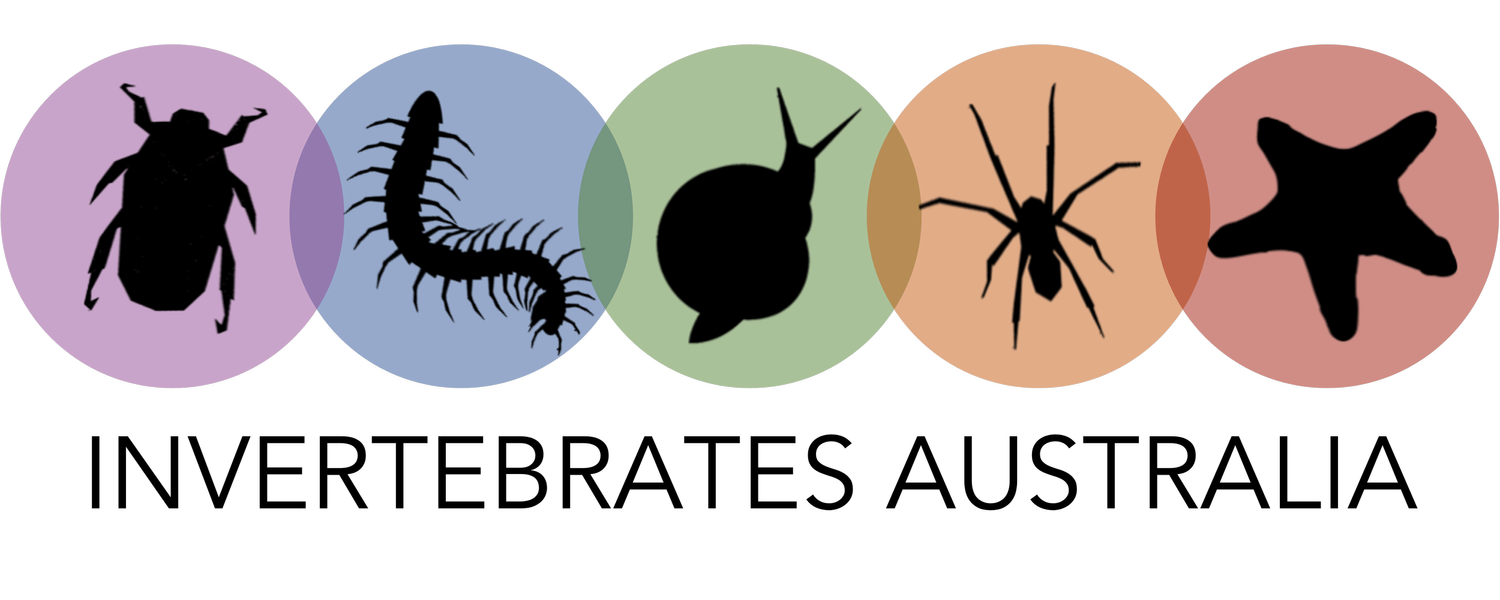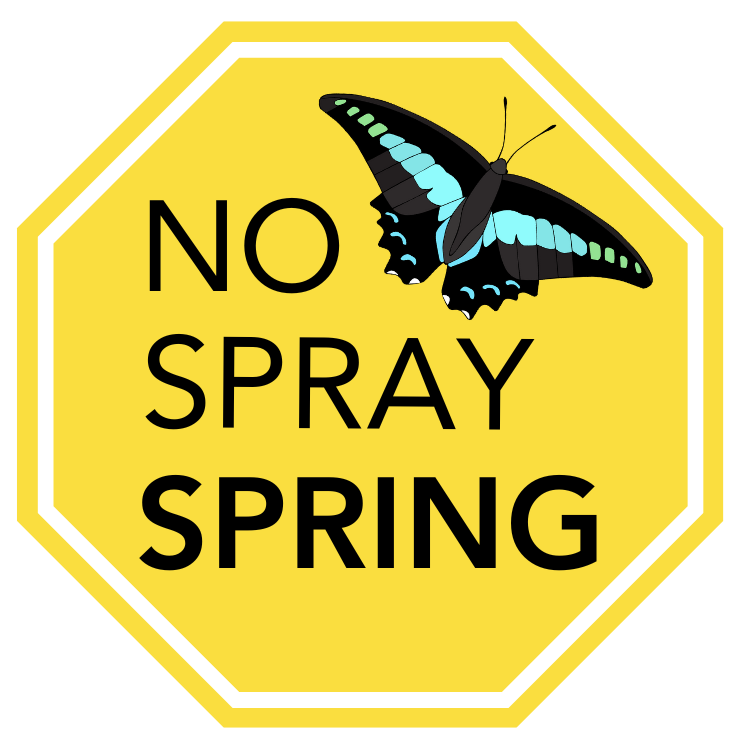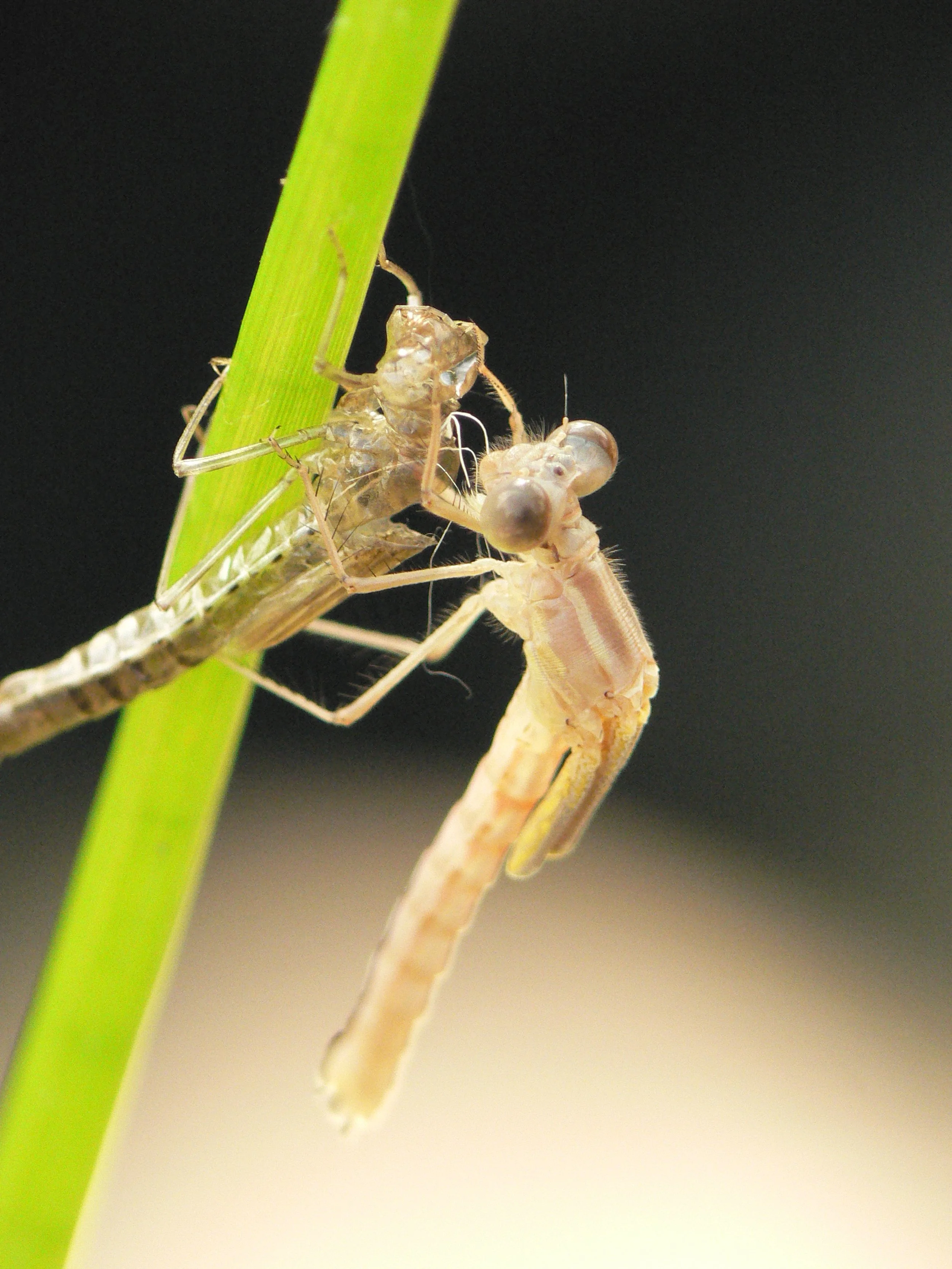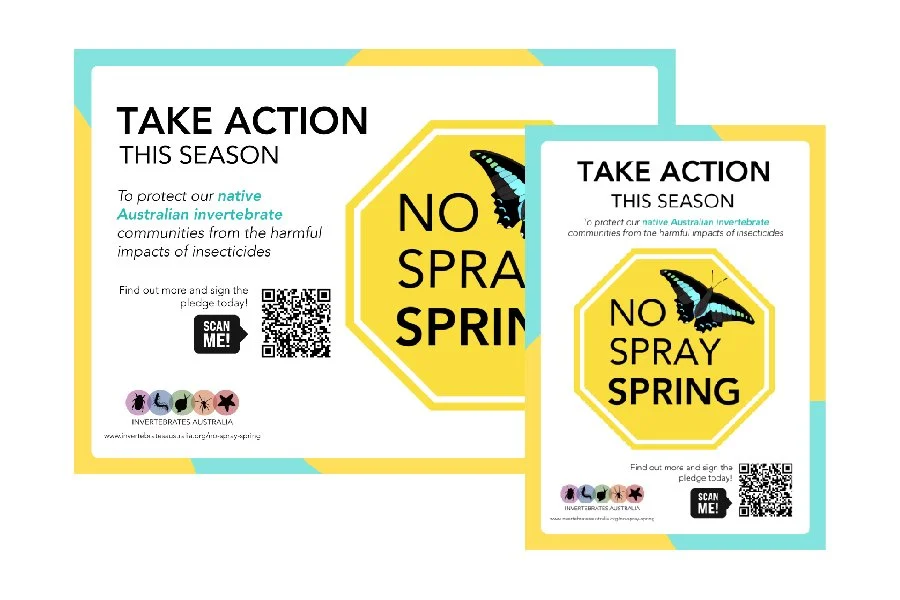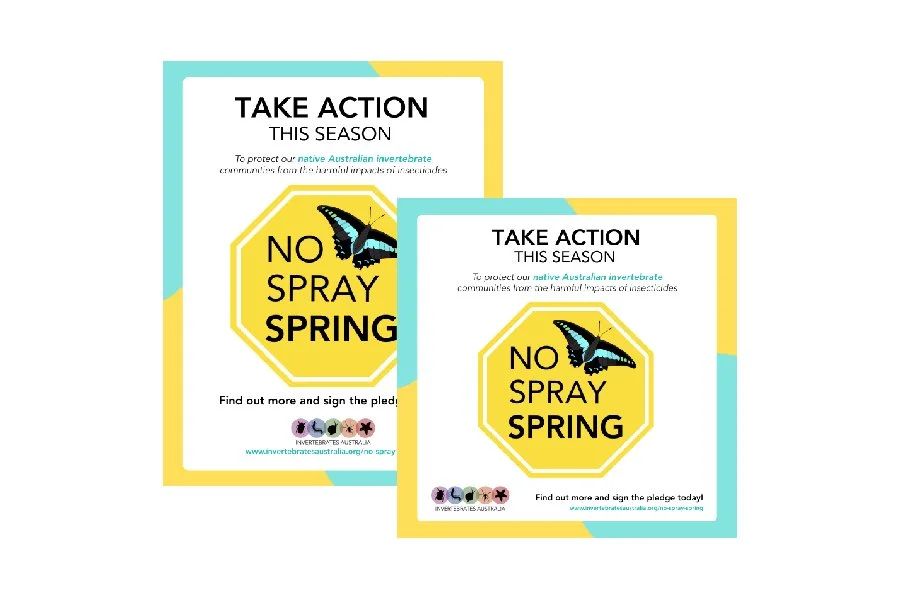Loading pledge data...
Why Go Spray-Free?
There are currently over 100,000 species of invertebrates in Australia and the vast majority are beneficial; providing vital ecosystem services such as pollination, decomposition, and predation of pests. A very small handful of invertebrates become pests which, without management, can be a public health threat (e.g, certain species of mosquitoes and cockroaches) or damage property (like some ants and termites). Therefore, the management of invertebrates in cities is a fine balance between controlling damaging pests and encouraging beneficial species. Currently, despite the importance of the vast majority of invertebrate species, ‘good bugs’ and ‘bad bugs’ alike are impacted by pesticides and insecticides, usually in an indiscriminate way. We can change our pest management behaviours to secure the future of our critical ‘little helpers’.
Read more about beneficial insects
Unfortunately, broad-spectrum pesticides are still the most common way that people deal with pests in the city and suburbs.
These chemicals are known to kill beneficial invertebrate species, contaminate soils and waterways, impact human health and affect animals higher in the food chain, including birds, lizards and mammals. Luckily, there are many effective alternatives to broad-spectrum sprays.
Integrated Pest Management (IPM) is an approach to sustainably controlling pests without excessive pesticide use and can be adopted by residents, pest control practitioners, businesses, communities and local councils. The key is to only apply chemicals when absolutely necessary and when you do need to, choose products that specifically target the pest that’s causing you problems, rather than also taking out all the good invertebrates, many of whom will actually help you manage pests.
In many cases, the application of insecticides is not actually necessary, as the species being targeted is not a pest or is not causing enough damage to warrant the use of harmful chemicals. Read more about how to use integrated pest management in cities.
In spring we often see advertising encouraging people to get their garden sprayed with broad-spectrum pesticides before the pests move in, but Dr Lizzy Lowe says that many of the species targeted are not pests:
“Some people have a fear of having any insect or spider in their gardens, but they are so important for our ecosystems, and the vast majority of them wont hurt you!”
- Dr Lizzy Lowe
The change we want to see
No Spray Spring is our national campaign that encourages residents and gardeners across Australia to put down the insect spray, cancel their yearly broad-spectrum garden spray, and instead learn a bit about the invertebrate life in their gardens, as well as how to manage pests and encourage beneficial bugs effectively and safely.
Throughout spring we provide a range of sustainable pest management advice, introduce people to fascinating backyard bugs and connect with other organisations and individuals who are working hard to keep our cities and suburbs insecticide free.
Read more about supporting pollinators and other insects in your garden
How to Help
1. Reduce pesticides in the garden
2. Spread the word
Check out our branding kit below, and let your friends and family know about the benefits of reducing pesticides!
No Spray Spring Resources
No Spray Spring Logo
DOWNLOAD
No Spray Spring Posters
DOWNLOAD
No Spray Spring Social Media Tiles
DOWNLOAD
More information:
How to deal with mosquitoes from Dr Cameron Webb
Non-chemical pest control company based in Sydney
Beneficial insects that support eco-friendly pest control
Follow us on social media to learn all about how to manage pests in the best way possible to look after your garden and your bugs.
Sign the pledge
Sign the No Spray Spring pledge to join the movement that’s creating safe havens for our invertebrates across Australia!
Let’s do this.
If you have the means available, your donation to Invertebrates Australia will go toward paying for people’s time to manage projects, communicate with the media, analyse data and report findings and then communicate the results back to you. Other ways you can help are to share our project on your social media accounts and tell your friends. If you have a platform from which you’d like to share information about our project please contact us!

